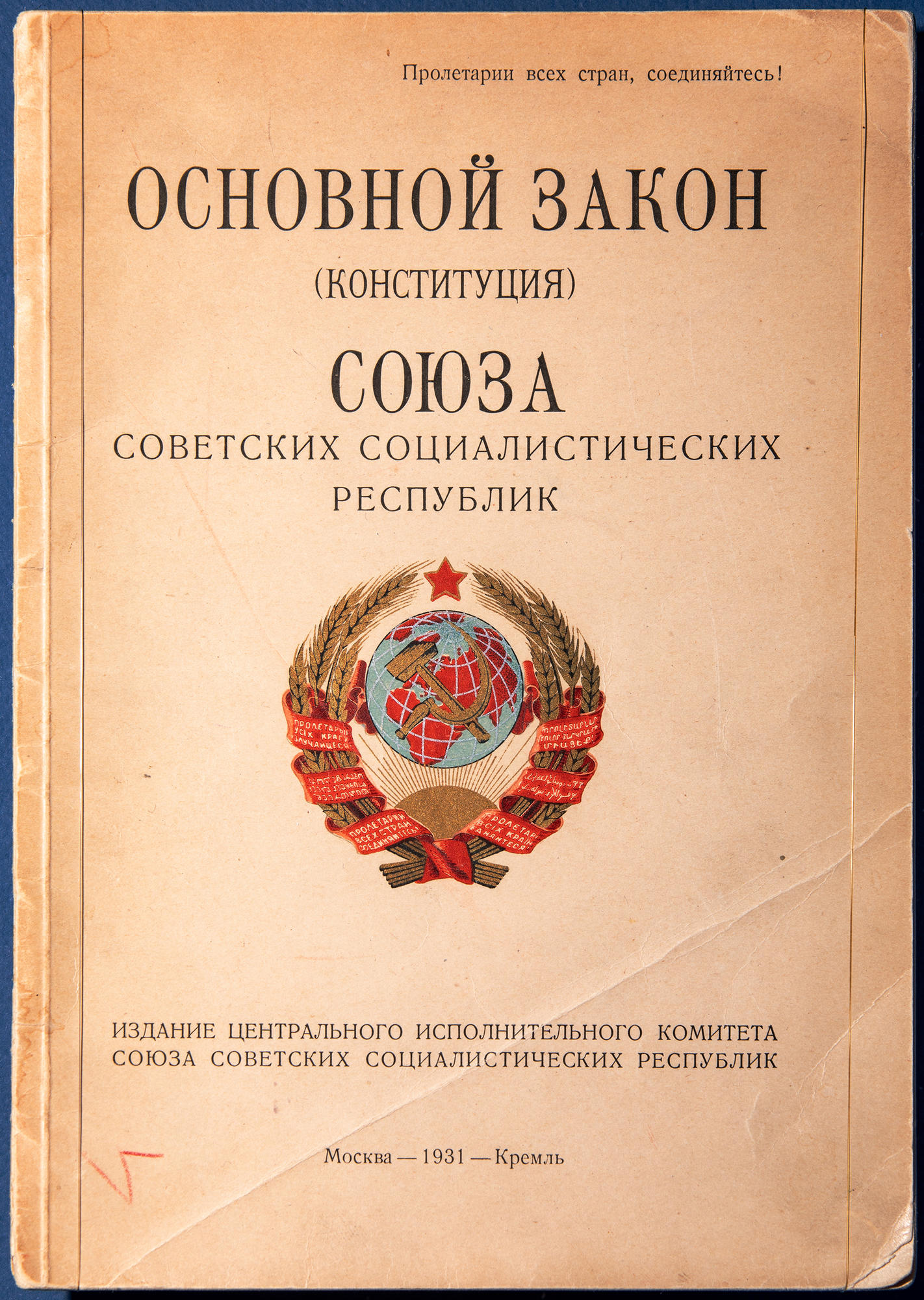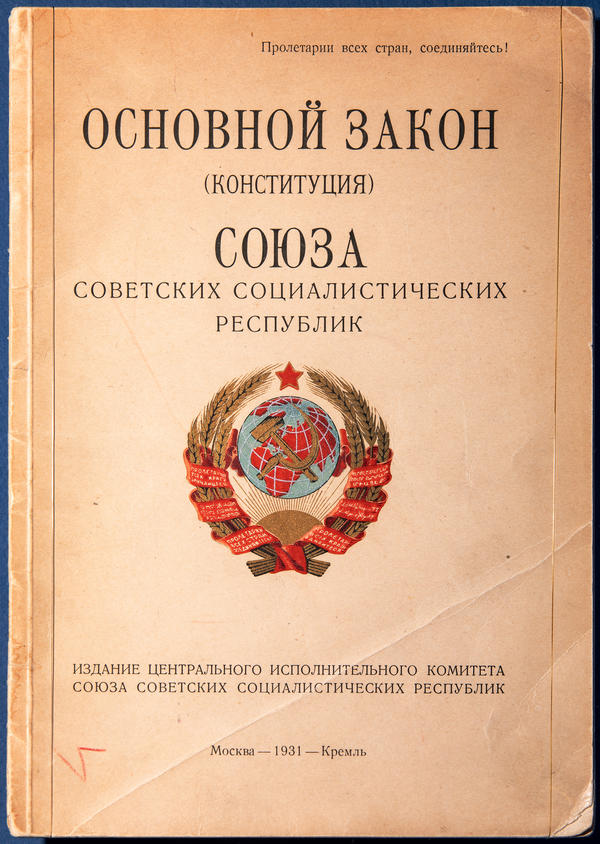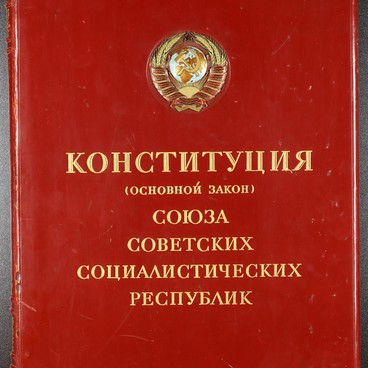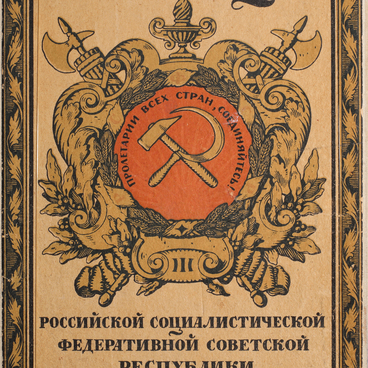In the autumn of 1917, the party of Bolsheviks – VKP (b) – came to power in Russia. This was preceded by World War I and the Russo-Japanese war, which drained the state resources, ambiguous domestic policy of the tsarist government and public unrest coming as result of discontent, which had been brewing among farmers and city residents for many years and fuelled by communist ideas being spread in Europe.
In 1918, Civil War started and plunged the country into chaos and devastation for four years. And at that time the Brest peace accord was signed. It was a separate peace treaty, according to which Russia after the end of World War I lost a considerable part of its territories as well as the Black Sea fleet. The ‘disreputable peace accord’ caused an outbreak of anti-Bolshevik sentiment in the society, which only spurred the Civil War.
In October, 1922, the Red Army troops managed to win a final victory over the White Guard. And in December delegations from the Russian, Ukrainian, Belorussian and Transсaucasian Soviet republics signed a Treaty on the Establishment of the USSR.
The new country needed a new code of laws, which is why in January, 1923, an Ad Hoc Commission comprising representatives of all the republics was established to elaborate the Union’s Constitution. In 1924 the Commission submitted a draft of the fundamental law to the 2nd Congress of the USSR, and the latter approved of the first Constitution of the USSR.
The Constitution established the Congress of Soviets as the supreme body of the state power. Its sessions were supposed to be held annually. In between the Congress meetings thr supreme power was embodied in the Central Executive Committee of the Union, which included two equal chambers, i.e. the Council of the Union and the Council of Nationalities.
The Constitution of the USSR was the first to have a section on law-enforcement bodies and principles of justice. A position of the Supreme Court Prosecutor was established, so that he or she could support prosecution and appeal against court judgments through the Central Executive Committee of the USSR.
To resist counter-revolution, espionage and banditry, the Constitution established a special state body, i.e. the Joint State Political Directorate, which was to be supervised by the prosecutor of the Supreme Court of the USSR.
In 1918, Civil War started and plunged the country into chaos and devastation for four years. And at that time the Brest peace accord was signed. It was a separate peace treaty, according to which Russia after the end of World War I lost a considerable part of its territories as well as the Black Sea fleet. The ‘disreputable peace accord’ caused an outbreak of anti-Bolshevik sentiment in the society, which only spurred the Civil War.
In October, 1922, the Red Army troops managed to win a final victory over the White Guard. And in December delegations from the Russian, Ukrainian, Belorussian and Transсaucasian Soviet republics signed a Treaty on the Establishment of the USSR.
The new country needed a new code of laws, which is why in January, 1923, an Ad Hoc Commission comprising representatives of all the republics was established to elaborate the Union’s Constitution. In 1924 the Commission submitted a draft of the fundamental law to the 2nd Congress of the USSR, and the latter approved of the first Constitution of the USSR.
The Constitution established the Congress of Soviets as the supreme body of the state power. Its sessions were supposed to be held annually. In between the Congress meetings thr supreme power was embodied in the Central Executive Committee of the Union, which included two equal chambers, i.e. the Council of the Union and the Council of Nationalities.
The Constitution of the USSR was the first to have a section on law-enforcement bodies and principles of justice. A position of the Supreme Court Prosecutor was established, so that he or she could support prosecution and appeal against court judgments through the Central Executive Committee of the USSR.
To resist counter-revolution, espionage and banditry, the Constitution established a special state body, i.e. the Joint State Political Directorate, which was to be supervised by the prosecutor of the Supreme Court of the USSR.



